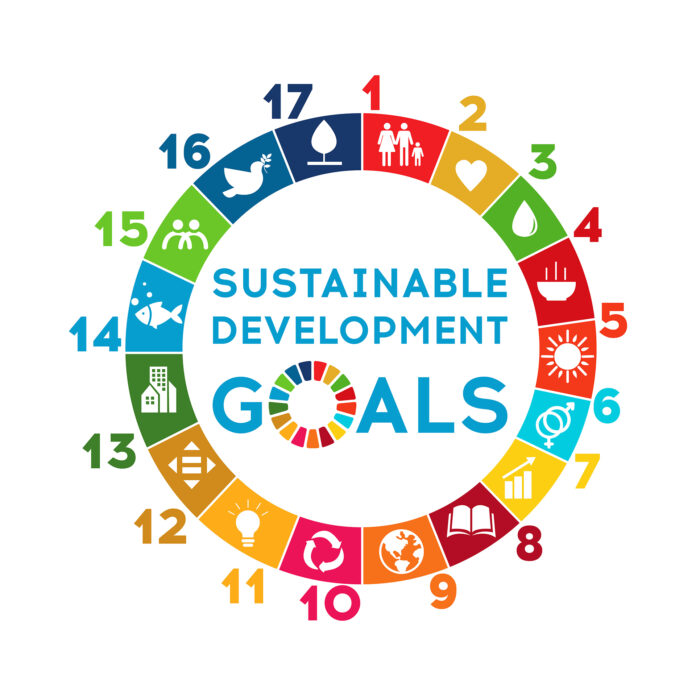The 2030 Agenda, also known as the Sustainable Development Goals (SDGs), was adopted by the member states of the United Nations in September 2015. It is an ambitious plan to achieve sustainable development worldwide by 2030. At the heart of this agenda are 17 Sustainable Development Goals (SDGs), which serve as a universal call to action to tackle social, economic and environmental problems. In this article, we take a detailed look at the 2030 Agenda and the Sustainable Development Goals.
Background to the 2030 Agenda
The 2030 Agenda was developed in response to pressing global challenges, including poverty, inequality, climate change, environmental degradation, peace and justice. It builds on the successes and lessons of the previous Millennium Development Goals (MDGs), but aims to achieve more comprehensive, inclusive and sustainable development.
The 17 Sustainable Development Goals (SDGs)
The 2030 Agenda comprises 17 Sustainable Development Goals that cover all areas of sustainable development: social, economic and environmental dimensions. Each goal is characterized by specific targets and indicators that help measure progress and ensure that no community or country is left behind. The 17 SDGs are briefly explained below:
1. no poverty: the aim is to end poverty in all its forms and everywhere by ensuring a decent standard of living for all.
2. no hunger: The goal is to end hunger, achieve food security and promote sustainable agriculture.
3. health and well-being: This goal aims to enable all people to lead healthy lives and promote their well-being, regardless of their age or gender.
4. high quality education: The aim is to ensure inclusive and equal education for all and to promote lifelong learning.
5. gender equality: This goal aims to eliminate all forms of discrimination and violence against women and girls and to promote their equal participation in all areas of public life.
6. clean water and sanitation: The aim is to ensure access to clean water and adequate sanitation facilities for all and to use water resources sustainably.
7. affordable and clean energy: The aim is to ensure access to affordable, reliable, sustainable and modern energy for all.
8. decent work and economic growth: This goal aims to promote sustainable economic growth, ensure decent work for all and increase productivity.
9. industry, innovation and infrastructure: The aim is to promote the development of a resilient infrastructure and support sustainable industrialization and innovation.
10. reduce inequalities: The aim is to reduce inequalities within and between countries and to promote inclusive, equitable and sustainable development.
11. sustainable cities and communities: The aim is to make cities and settlements inclusive, safe, resilient and sustainable.
12. sustainable consumption and production: This goal aims to promote sustainable consumption and production patterns in order to reduce environmental pollution.
13. climate protection measures: The aim is to take measures to protect the climate and combat the effects of climate change.
14 Life below water: The aim is to promote the conservation and sustainable use of the oceans, seas and marine resources.
15 Life on land: This goal aims to protect, restore and sustainably use ecosystems on land.
16 Peace, justice and strong institutions: The aim is to promote peaceful and inclusive societies for sustainable development, ensure access to justice for all and create strong institutions.
17. partnerships to achieve the goals: The aim is to build a global partnership for sustainable development by mobilizing resources, sharing knowledge and coordinating joint action at international level.
Implementation of the 2030 Agenda
Implementing the 2030 Agenda requires a broad range of measures at global, national and local level. This includes political decisions, investments, partnerships, capacity building and the mobilization of civil society. Every stakeholder – governments, businesses, civil society organizations and individuals – has a role to play in achieving the SDGs.
Challenges and opportunities
The 2030 Agenda faces a number of challenges, including limited resources, political resistance, conflicts and climate change. Nevertheless, it also offers immense opportunities to create a better and more sustainable future for all if it is implemented consistently.
Conclusion
The 2030 Agenda with its 17 Sustainable Development Goals is a pioneering plan to create a fairer, more peaceful and more sustainable world.



